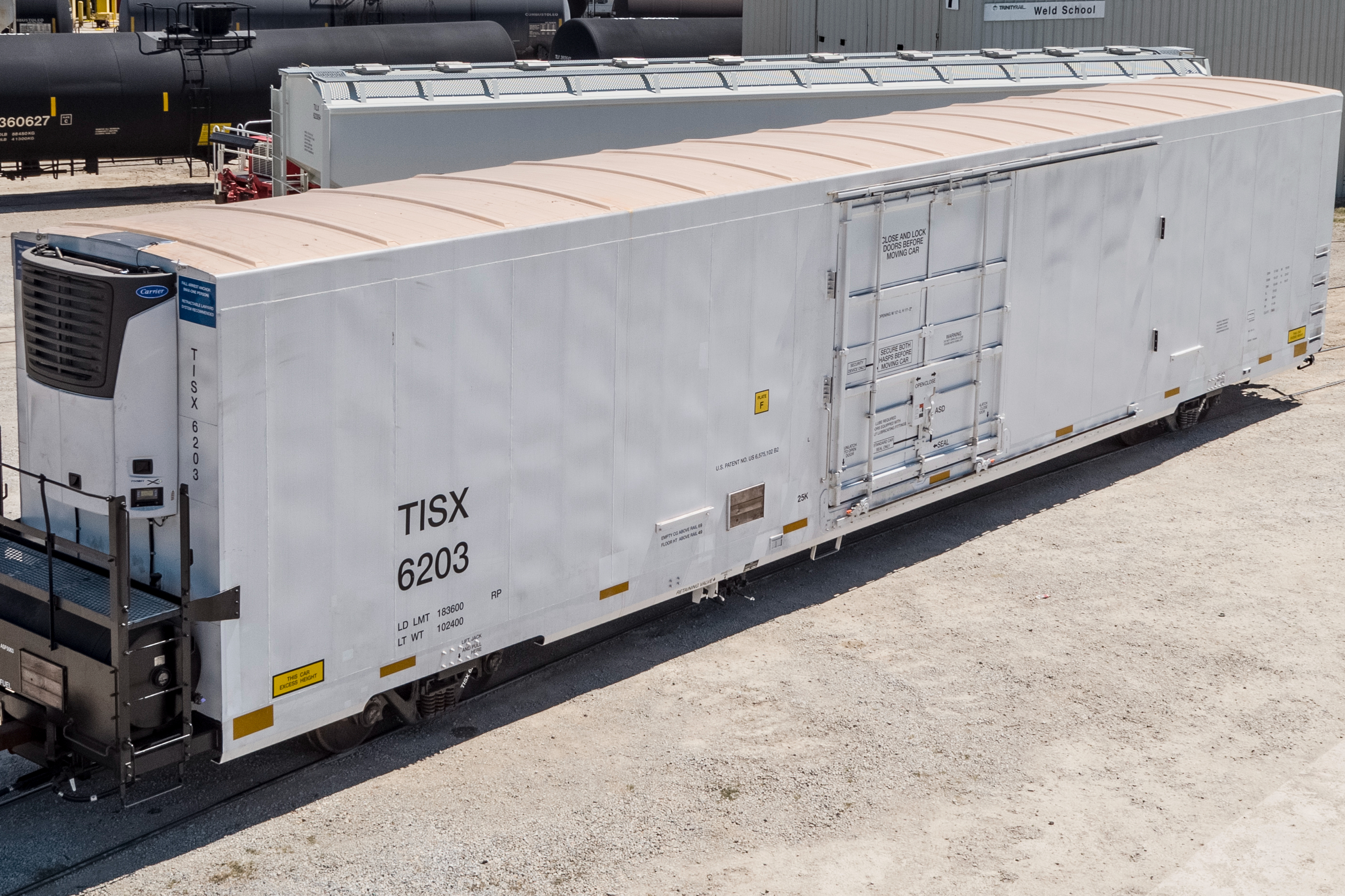The refrigerated railcar was invented in 1867 by American inventor, William Davis. The first shipment of meat was transported from Chicago to New York City in this way. This method of transporting food quickly became popular with the meatpacking industry as it allowed for the transport of perishable goods over long distances.
The refrigerated railcar also had a significant impact on the dairy industry as it allowed for the transport of milk and other dairy products from rural areas to urban centers.
The refrigerator railcar was invented in the late 19th century and revolutionized the food industry. Prior to this invention, food spoilage was a major problem, particularly during hot summer months. The refrigerator railcar allowed perishable foods to be transported long distances without spoiling.
This had a profound impact on the food industry, as it allowed for a much wider distribution of food products. It also had a significant impact on public health, as it helped to reduce the spread of disease by keeping food fresh.
Trains: Refrigerated Railcars and Their Role in History
What Impact Did the Refrigerated Railcar Have on Different Industries
The refrigerated railcar was invented in the late 19th century and had a profound impact on different industries. It allowed for perishable goods, such as meat and dairy, to be transported over long distances without spoiling. This had a huge impact on the food industry, as it allowed for a much larger geographical area to be serviced by suppliers.
It also had an impact on public health, as it meant that people in remote areas could access fresh foods that would otherwise not be available to them. The refrigerated railcar also had an impact on the economy, as it made it possible for businesses to transport goods to markets that were previously inaccessible.


Credit: www.compositesworld.com
Conclusion
Refrigerated railcars have had a major impact on the food industry. They have allowed food to be transported long distances without spoilage, which has resulted in a wider variety of foods being available to consumers. This has been particularly beneficial for perishable items such as fruits and vegetables, which can now be shipped from warmer climates to cooler ones without fear of them going bad during transit.
The ability to transport food safely and efficiently has also helped to lower prices, as companies are able to ship larger quantities at once and avoid losses due to spoilage.

